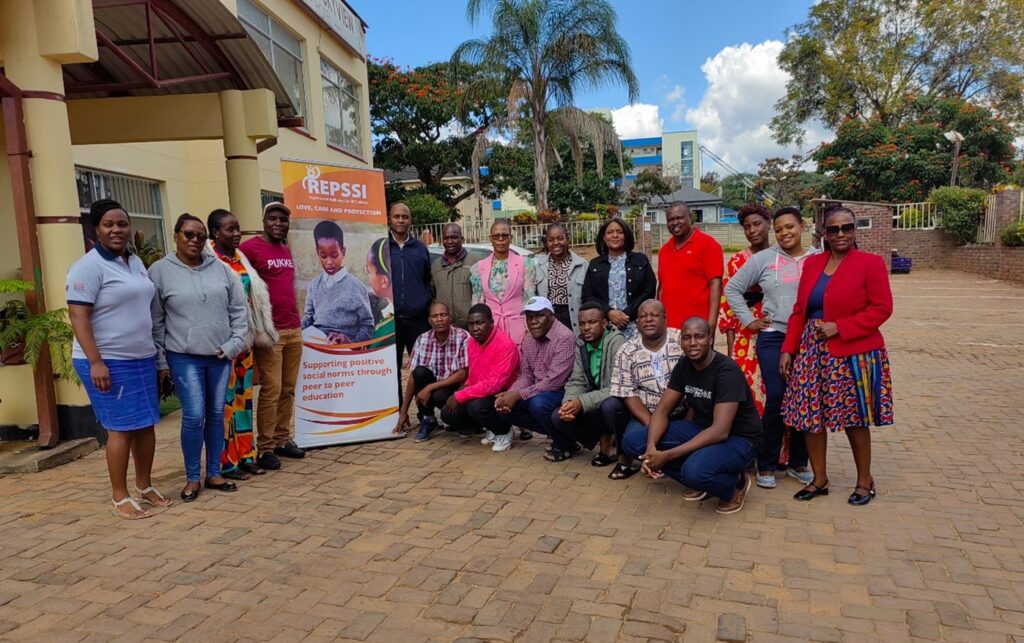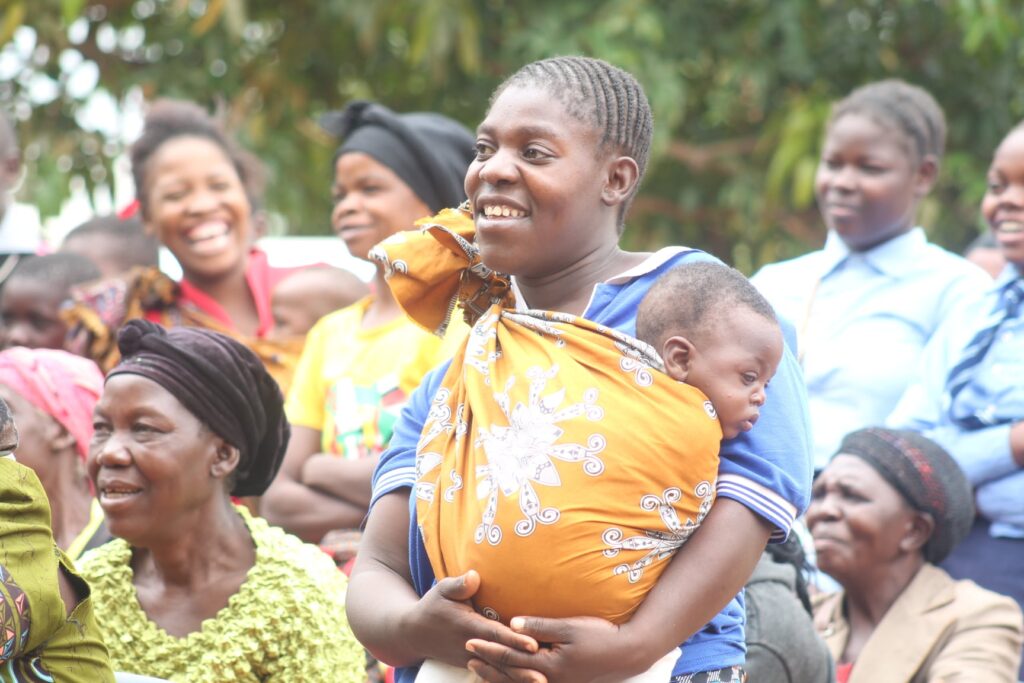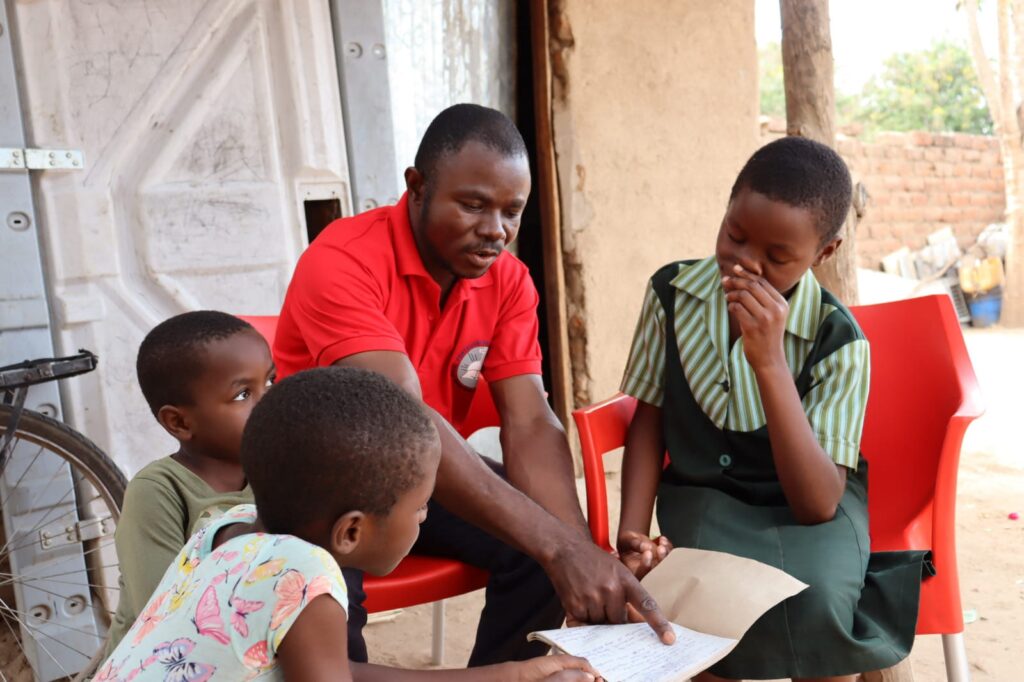
Strengthening the Capacity of Responsible Persons and Improving Access to Quality MHPSS Services for Displaced Children and Youth in Zimbabwe
The Strengthening the Capacity of Responsible Persons and Improving Access to Quality MHPSS Services for Displaced Children and Youth in Zimbabwe project, funded by terre des hommes Deutschland e.V. (TDH Germany), aims to enhance the mental health and psychosocial well-being of forcibly displaced children and youth (FDCY) by building the capacity of service providers and duty bearers. Implemented at the Tongogara Refugee Settlement in Zimbabwe, the project addresses issues such as trauma, loss, and challenges around social integration. Running from October 1, 2023, to September 30, 2026, it focuses on improving access to context-specific MHPSS services for displaced children and youth.
OUR PROGRAMMING
The purpose of the project is to improve the mental health and psychosocial well-being of forcibly displaced children and youth (FDCY) in the Tongogara Refugee Settlement, Zimbabwe. The project aims to strengthen the capacity of 150 service providers and duty bearers to deliver high-quality, context-specific MHPSS services. It also seeks to raise community awareness on the importance of peaceful coexistence between FDCY and host communities, while providing psychosocial support to 200 youth. The overall goal is to enhance access to relevant MHPSS services, improve social integration, and ensure the mental health needs of displaced children and youth are met.

Project Approach and Model

The project adopts a multi-faceted approach to address the mental health and psychosocial needs of forcibly displaced children and youth (FDCY) at the Tongogara Refugee Settlement. It focuses on capacity building for 150 service providers and duty bearers, training them in delivering context-specific, high-quality MHPSS services.
The project also facilitates life skills support groups for children and youth, while promoting social cohesion through community dialogues aimed at fostering peaceful coexistence between FDCY and host communities. Additionally, it offers direct psychosocial support services, including counseling and debriefing for service providers. Advocacy efforts will prioritize MHPSS in regional and national discussions, ensuring long-term sustainability. The approach is designed to be culturally sensitive and responsive to the unique challenges faced by displaced populations.
Beneficiaries of the project, including displaced children and youth, are responding positively to the interventions. Many report feeling more emotionally resilient and confident in managing stress and trauma, thanks to life skills support groups and counseling. Youth also express a stronger sense of belonging and improved relationships with host community members due to the community dialogues. Overall, they are noticing positive changes in their mental health, with increased coping abilities, enhanced social integration, and a greater sense of hope for the future.
The project uses advocacy to raise awareness about the importance of prioritizing MHPSS services for displaced children and youth at regional and national levels. By engaging policymakers, service providers, and community leaders, the project advocates for integrating mental health support into broader humanitarian responses. This advocacy has led to increased recognition of mental health needs within the refugee context, resulting in stronger support structures and improved access to services. Beneficiaries benefit from more focused and sustained mental health resources as a result.
As the project progresses, we are learning that capacity-building efforts for service providers significantly enhance their ability to deliver effective MHPSS support. We are also seeing that life skills sessions and community dialogues foster stronger social bonds and improve emotional resilience among displaced children and youth. Beneficiaries share that they feel more confident in managing stress and trauma, with one youth stating, “I can now talk about my feelings and know how to cope better.” Service providers also report feeling more equipped to address the unique needs of displaced children and youth. These insights are shaping the ongoing implementation to ensure greater impact.
The project track progress and assess the effectiveness of interventions. A baseline survey is conducted, followed by regular assessments to measure improvements in MHPSS service delivery and the well-being of beneficiaries. Feedback from beneficiaries, service providers, and the community is collected to adjust strategies, ensuring the project’s success and sustainability.
